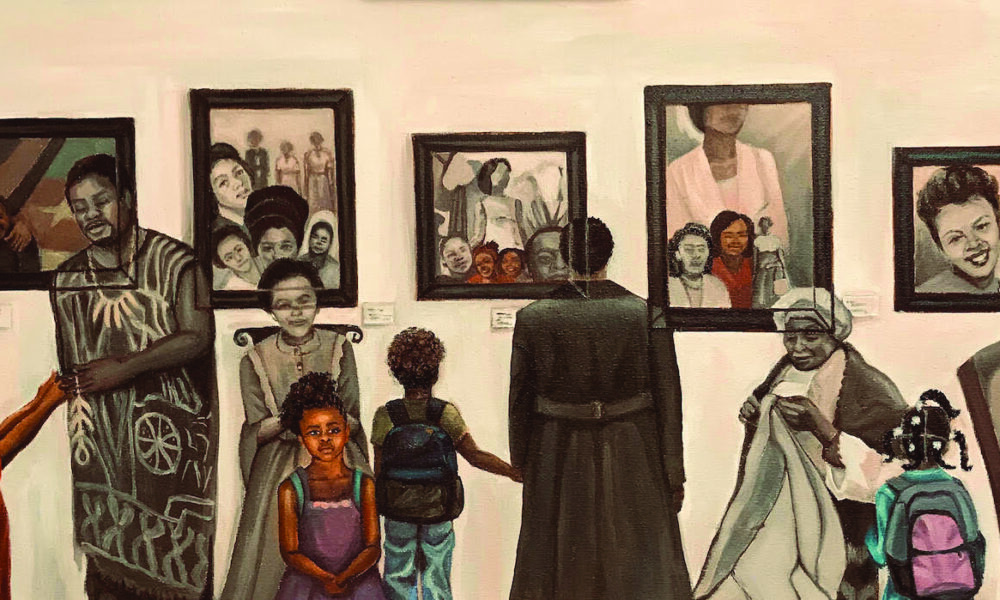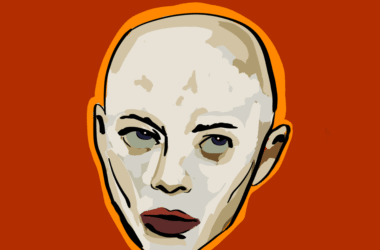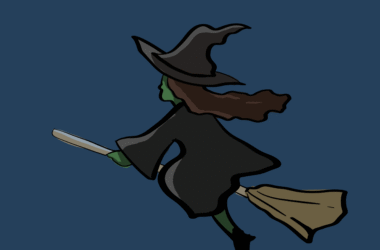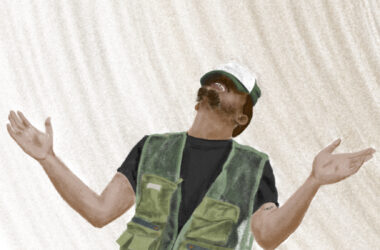On Nov. 3, the McGill Anthropology Graduate Student Association (AGSA) organized the workshop Thinking Through Race with Ethnographic Poetry as part of an ongoing series on racism and racial justice within anthropology. Ethnographic poetry is a research method where anthropologists study an individual’s poetic works in an attempt to understand the poet’s relationship with their culture, community, and audience. This workshop in particular aimed to showcase poetry’s anthropological applications and reveal how reading poetry can help anthropologists avoid potential racial biases—a pervasive problem in the field.
“The Anthropology Graduate Student Association recently started a working group called the Racial Justice Working Group,” Alejandra Melian-Morse, one of the event’s organizers, said in an interview with The McGill Tribune. “We have been reflecting on and trying to take more responsibility for racial inequality in our anthropology department. We wanted to do something that was more creative, to help people think in different ways about a topic that is very difficult to approach for many people.”
Justin Wright, a sociocultural anthropologist, performance poet, and the current Poet-In-Residence at SAPIENS Magazine facilitated the workshop. Wright discussed how reading poetry is an important component of research methodology in anthropology because it details history through emotional language. They described how poetry can capture the writer’s emotions at a precise moment in time in a way that the factual language used in historical documentation cannot. They also explained how their work as a sociocultural anthropologist examines the many ways Black people experience individual and communal trauma.
“I think of anthropology as a method for tending to Black life,” Wright said. “Poetry also works in that way, as a tool to uncover the unvoiced truth of our past. [A poet] is responding to [their] world, to what is happening at [their] time. A poem is not just a piece of poetry where it’s solely for the author. [A poet] is doing this in service of [their] community, in order to help push them along in a certain way.”
Wright explained their “six questions method” to read poetry as ethnographic material: One must ask themselves who the author and audience are, what the subject of the work is, when and where the work was written, what context pushed the writer to compose the poem, and how it has been received historically.
“[Poetry and creative prose] often speak directly to the author’s lives and rights, to their experiences and their cultures,” Wright said. “We can’t dismiss those kinds of works as anything other than rich experiences, as history’s ways of being. Poetry is a meaning-making language. When we’re talking about reading poetry as ethnographic material, […] we’re talking about heavy research, about engaging its questions in a scholarly manner, in service of ethnography and in service of anthropology.”
Wright fuses their knowledge of anthropology and poetry to explore explorations of Black historical traumas with contemporary representations of Black experiences. They explain the use of such anthropological methods as a means to widen their understanding of different cultural considerations.
“Anthropology helps me figure out a way to orient my poetic devices to get to a certain point, a certain kind of emotional logic, a certain argument,” Wright said. “Anthropology has helped me think about what I’m specifically doing with [my poetry].”
This workshop was one of many other upcoming events in a series exploring the intersection of racial justice and anthropology. Other events include film screenings, creative workshops, as well as interviews with podcasters and content creators.







